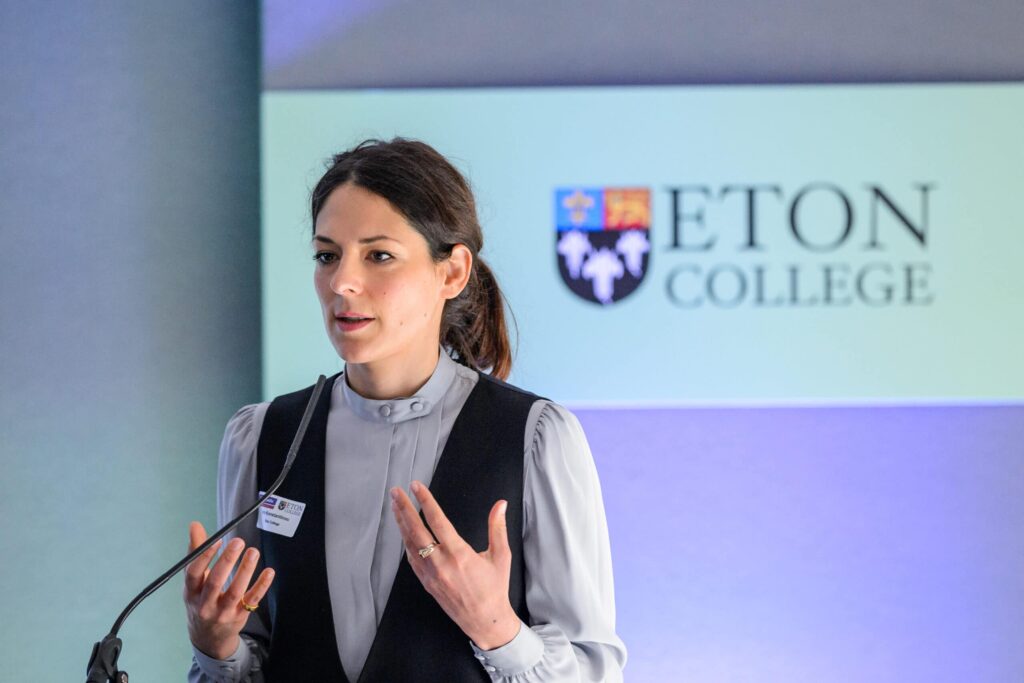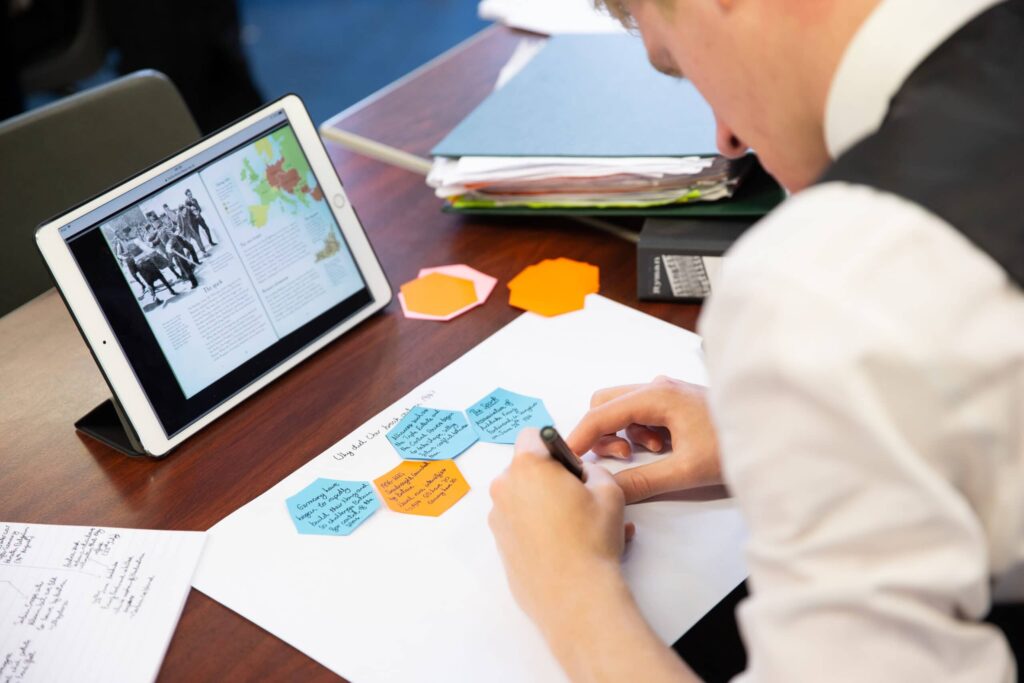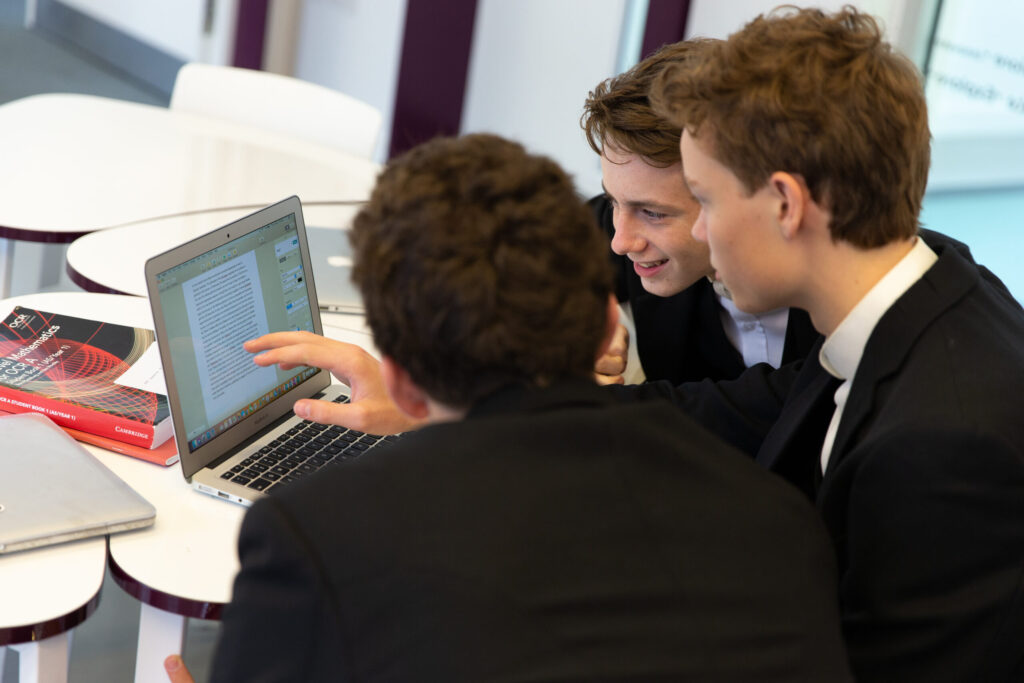This week’s blogpost is a guest post by Rob Ford, Director of Heritage International School in Chisinau, Moldova. He was previously Principal of Wyedean School, Gloucestershire, UK. His blog from Wyedean, ‘This Heart Shaped Land’ is now available as a book. Ford regularly writes for his blog, ‘Mail from Moldova’ and has written several articles for the TES. He has recently been interviewed for the More Teacher Talk podcast (on leadership during a pandemic) and the TES international podcast (on the educational allure of Eastern Europe). He can be contacted on robert.ford@heritage.md.
Ford was one of the speakers in a recent CIRL webinar on ‘The Importance of Internationalism in Education’, the recording of which is available on the CIRL podcast.
Very few of us clinking glasses and toasting in the 2020s at midnight on 1st January 2020 would have comprehended the existential crisis our school communities were about to face and how every facet of leadership was about to be put to the test. In March, like all school leaders my worst inner fears swirled as COVID-19 became a pandemic and schools around the world closed. As a headteacher of a school in a society that still has around 70% of its laws and practices based on the USSR societal and legal model, my attention turned towards the need for extraordinary leadership and innovation in what were now constantly being dubbed as ‘unprecedented times’.
School leaders really did see around corners during this time. Where models of school leadership have been most successful in the crisis for schools globally, it is local leadership and local school communities taking decisions that work for their context rather than waiting for central government to make decisions. This has been especially important in countries where there has been a lack of political and scientific consensus in this crisis coupled with poor role model leadership.
Reflecting on the journey of any school, the distance for genuine school improvement that can be covered in a short space of time cannot be overestimated when school leaders have a clear strategy anchored in the aim of establishing or enhancing a positive school culture. No school stays at the top forever; contexts change and even paradigms shift; and education is becoming far more complex as we navigate our way through the pandemic. The challenge for school leaders at this time, to paraphrase Professor Tim Brighouse, is accepting uncertainty as the norm – and the way in which we respond to change is crucial. It can range from falling rolls; a cycle of poor results; fundamental and frequent changes in the school leadership and ownership; an untenable financial deficit; unstable national and regional contexts; recruitment crisis of staff – the list goes on. It reads like a horror story for potential school leaders.
In January, Heritage International School in Moldova had just had the World Health Organisation’s Representative and Head of Country Office for Moldova, Dr Igor Pokanevych, deliver one of our Founders’ Lectures. There were few questions from students about COVID-19, as we all thought it was just going to be another regional public health issue, similar to the SARS outbreak.
I was in London in February, speaking at the British Council Schools’ Ambassadors’ Conference, before getting a plane to Cairo to give a keynote at the British Council Conference for International Schools. It was there that the reality hit me and I knew that doing nothing was not an option. I spoke to colleagues East of Suez, who told me what 6-8 weeks of distance learning and full lockdown was like. They explained what it was like to teach from your own kitchen and what curfew holed up in cramped apartments for weeks really meant.
It felt unbelievable to fly back to Chisinau in the spring, where everything still appeared normal. However, the ‘new normal’ was already closing Italy down rapidly during the first weekend of March. I spoke to my school’s founders, board, leadership teams and staff that weekend, and thanks to the extraordinary generosity from and sense of global education within the international school community, we had a strategy. Schools had shared their experiences, documents and thoughts on learning under lockdown. We were all about to learn a whole new lexicon of learning as we developed our strategy.
At Heritage, we believe strongly in our social responsibility to wider society. The paradigm shift for Moldova was also the collaboration for the national education community across sectors. The minister of education’s visit to Heritage with his state secretary and team in March led to our sharing of plans, expertise and resources to help all schools in Moldova to find a solution to continue learning in the crisis. It’s not every day a government asks how to deliver education; but, as I recently wrote in the TES, that’s precisely what happened at Heritage International School. This was a great example of private-state collaboration to foster a genuine partnership for the country for all school children.[1] We have spoken and shared this story through the summer at so many global online education conferences and it has allowed the next phase of this crisis, the ‘next normal’, to be approached with this innovation and leadership approach so we can get children physically safe into school knowing we are living with Covid-19 for the foreseeable future.[2]
The vulnerability of our school as an organisation, faced with the severe lockdown imposed from 12th March, didn’t lead to a lack of leadership from the school administration and board for all of our school communities. The school’s culture of leadership serving the community, facilitating the learning environment and allowing teachers to teach at Heritage, was already embedded enough to facilitate the implementation of an online learning-based solution with the daily schedule of synchronous lessons to continue successfully until the end of the 2019-20 academic year. Teachers and support staff at Heritage, as with countless school communities around the World, performed Herculean miracles to make this work for our community and it will be one of my privileged and humbling moments as a school leader and a global educator, as I witnessed what good was being done in the lockdown. This was not only vital for learning but also for well-being, as many families were isolated in apartments in Chisinau.
Anyone in education knows how important hope for a better future is as a fundamental tenet of schools. The lessons are there to be learned for those societies in which schools and communities were let down by ambiguous and conflicting directions from central ministries in a legacy of fragmentation and competition between schools – fragmentation and competition that weakened the ability to find a wider response and trust in local leadership. For Moldova, 2020 could represent a real moment of break with the legacy of the past and a more hopeful future for young people going into the new decade.
As the new academic year got underway this autumn, school leaders found themselves again having to see around corners, as the broad consensus was that schools should be physically open for learning while a second wave across Europe saw cases of COVID-19 climb higher. The reopening of schools was supported by the view that education cannot be a victim of the coronavirus.
The paradigm shift we need right now isn’t a headlong rush into the prominence of digital learning for the 2020s, but is the adaptability we need to find in education for local, contextual solutions to continue learning in circumstances such as these in which we now find ourselves and will do for the foreseeable future.
[1] For further discussion of this point, see my interview on the More Teacher Talk podcast in March.
[2] For further discussion of this point, see my interview with Molodova.org in August 2020 about preparations for safe school return in September.




